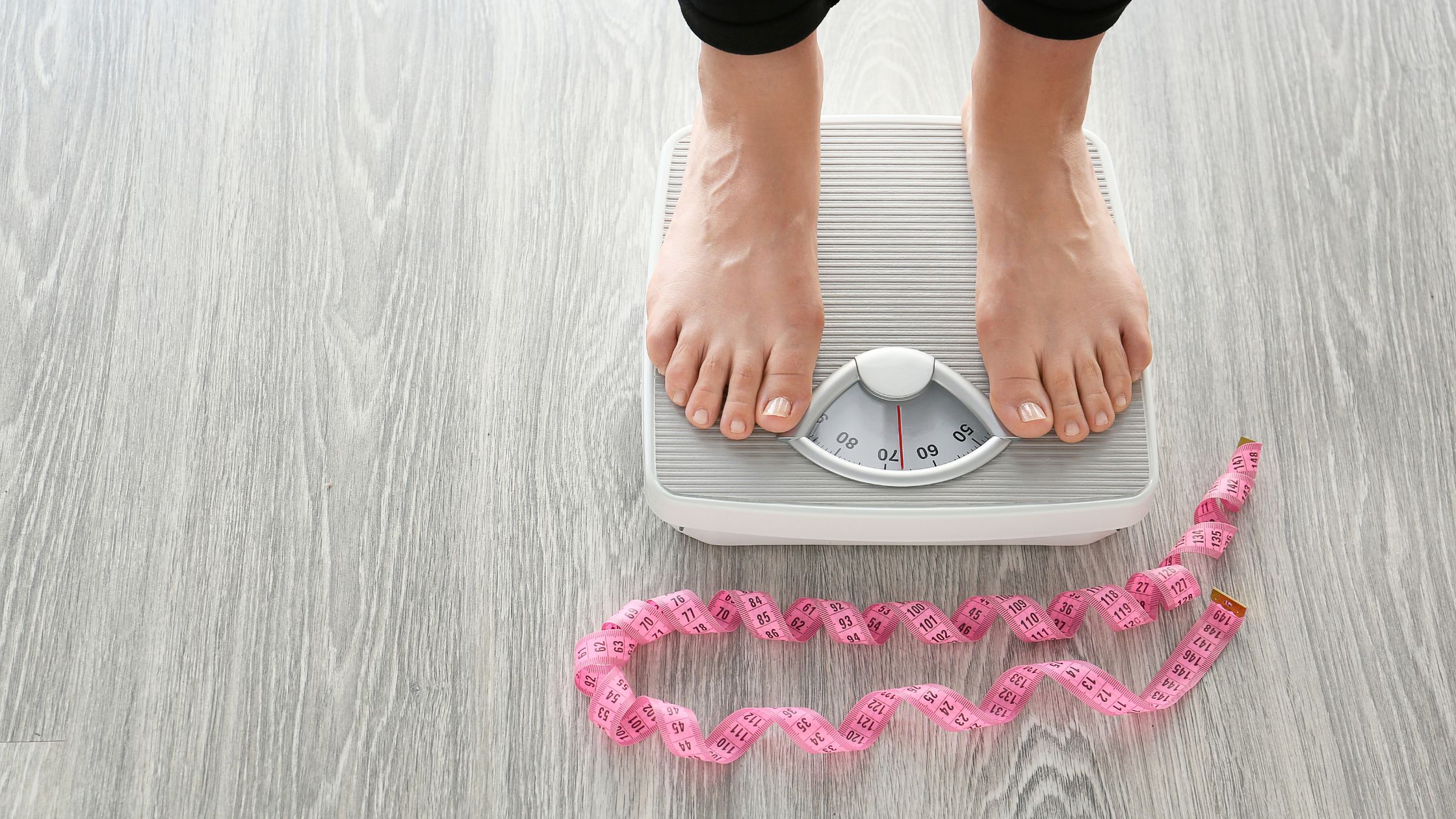This topic often comes up in my clinic: how often to weigh yourself. This is a really interesting topic, and it’s important to discuss because it can significantly impact people’s progress with weight loss.
Rather listen to this instead? Check out episode 46 on my podcast.
The Problem with Daily Weigh-Ins
Many clients come to me weighing themselves every single day. While I understand the desire for a sense of control, this habit often does more harm than good. Daily weigh-ins can create a false sense of control and frequently hinder progress and motivation.
The main issue with weighing yourself daily is the psychological impact. If you step on the scale and don’t see the number you want, it can negatively affect your mindset for the rest of the day. This negativity can make it hard to stick to your weight loss plan and maintain the necessary lifestyle changes.
The Ideal Weigh-In Frequency
So, how often should you weigh yourself? I recommend weighing yourself every four weeks. This can be challenging for those accustomed to daily weigh-ins, but it’s a crucial change. Along with this, it’s essential to implement other forms of measurement besides just the number on the scale.
The Importance of Diverse Measurements
When weighing yourself every four weeks, it’s not just about the scale. Here’s what I recommend:
- Weight Measurement: Use the scale every four weeks to track your weight.
- Tape Measure Measurements: Measure your hips, bust, waist, arms, and thighs. These measurements can provide a more comprehensive view of your body composition changes.
- Why Measurements: Write down the reasons why you want to lose weight. Whether it’s to have more energy, feel better, fit into a certain pair of jeans, have more confidence, play with your kids, or lower your cholesterol, it’s important to identify and track these motivations.
Tracking Your Progress Holistically
Every four weeks, along with your weight and tape measure measurements, assess your “why” measurements. Rate aspects like your energy levels, confidence, and overall well-being on a scale from 1 to 10. This holistic approach provides a better understanding of your progress than focusing solely on the number on the scale.
The Benefits of Weighing Less Frequently
Weighing yourself less frequently allows you to see changes that are more related to body composition, such as muscle mass and body fat, rather than short-term fluctuations caused by factors like meal size, water retention, or menstrual cycle changes.
This approach helps avoid the demotivation that comes from not seeing immediate results on the scale. It promotes a healthier mindset, helping you stay consistent with your efforts, which is the key to long-term success.
Transitioning to Less Frequent Weigh-Ins
If you’re used to daily weigh-ins, start by transitioning to weekly weigh-ins, and then move to every four weeks. This gradual change can help ease the adjustment.
Special Considerations
If you’re working with a nutritionist who uses advanced body composition scales, you might have weigh-ins every four to six weeks. This approach provides a more detailed analysis of your body composition changes.
I hope this gives you a better understanding of how often to weigh yourself and what other measurements to consider when focusing on a weight loss goal. Remember, the scale is just one tool among many. Tracking a variety of measurements can provide a fuller picture of your progress and help you stay motivated.
If sustainable weight loss is a goal for you, check out my signature weight loss program.

Jade Harman is a Clinical Nutritionist, educator, and speaker helping people make sense of nutrition. With a Bachelor’s degree in Nutritional and Dietetic Medicine and experience supporting more than 500 clients, she’s seen firsthand how misinformation can derail good habits. Jade doesn’t do fads or guilt – just practical advice that works in real life with real people. You can find out more about Jade here.

+ show Comments
- Hide Comments
add a comment